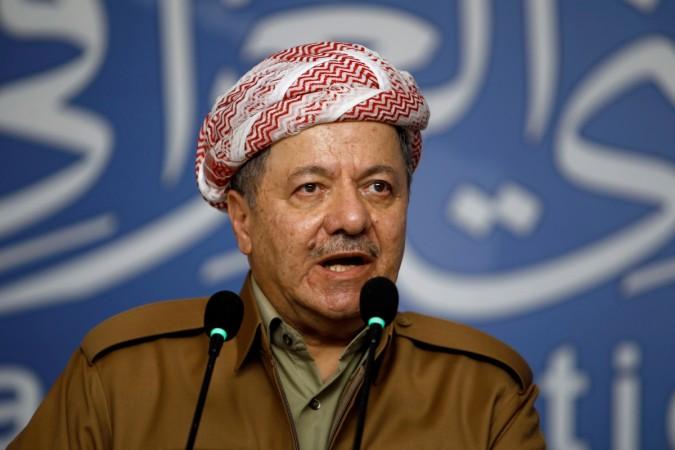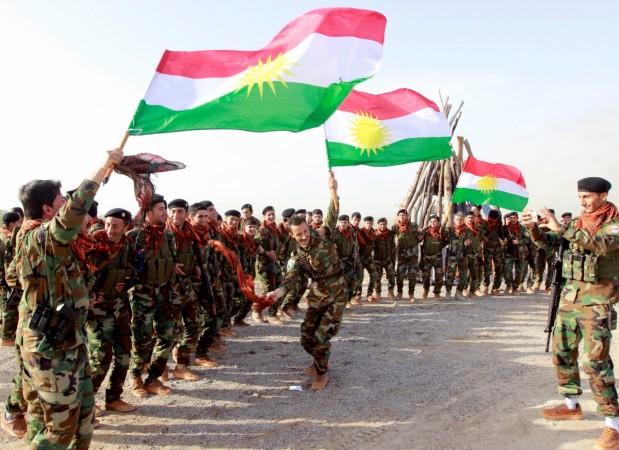Iraqi Kurdish leader Masoud Barzani said on Tuesday that Kurds had voted "yes" to independence in a referendum held in defiance of the government in Baghdad and which had angered their neighbours and their US allies.
The Kurds, who have ruled over an autonomous region within Iraq since the 2003 US-led invasion that toppled Saddam Hussein, consider Monday's referendum to be a historic step in a generations-old quest for a state of their own.
Iraq considers the vote unconstitutional, especially as it was held not only within the Kurdish region itself but also on disputed territory held by Kurds elsewhere in northern Iraq.
The United States, major European countries and neighbours Turkey and Iran strongly opposed the decision to hold the referendum, which they described as destabilising at a time when all sides are still fighting against Islamic State militants.

In a televised address, Barzani said the "yes" vote had won and he called on Iraq's central government in Baghdad to engage in "serious dialogue" instead of threatening the Kurdish Regional Government with sanctions.
The Iraqi government earlier ruled out talks on Kurdish independence and Turkey threatened to impose a blockade.
"We may face hardship but we will overcome," Barzani said, calling on world powers "to respect the will of millions of people" who voted in the referendum.
Earlier, the Kurdish Rudaw TV channel said an overwhelming majority, possibly over 90 percent, had voted "yes". Final results are expected by Wednesday.
Celebrations continued until the early hours of Tuesday in Erbil, capital of the Kurdish region, which was lit by fireworks and adorned with Kurdish red-white-green flags. People danced in the squares as convoys of cars drove around honking their horns.
In ethnically mixed Kirkuk, where Arabs and Turkmen opposed the vote, authorities lifted an overnight curfew imposed to maintain control. Kirkuk, located atop huge oil resources, is outside the Kurdish region but controlled by Kurdish forces that occupied it in 2014 after driving out Islamic State fighters.

In neighbouring Iran, which also has a large Kurdish minority, thousands of Kurds marched in support of the referendum, defying a show of strength by Tehran which flew fighter jets over their areas.
The referendum has fuelled fears of a new regional conflict. Turkey, which has fought a Kurdish insurgency within its borders for decades, reiterated threats of economic and military retaliation.
Barzani, who is president of the Kurdish Regional Government, has said the vote is not binding, but meant to provide a mandate for negotiations with Baghdad and neighbouring countries over the peaceful secession of the region from Iraq.

















